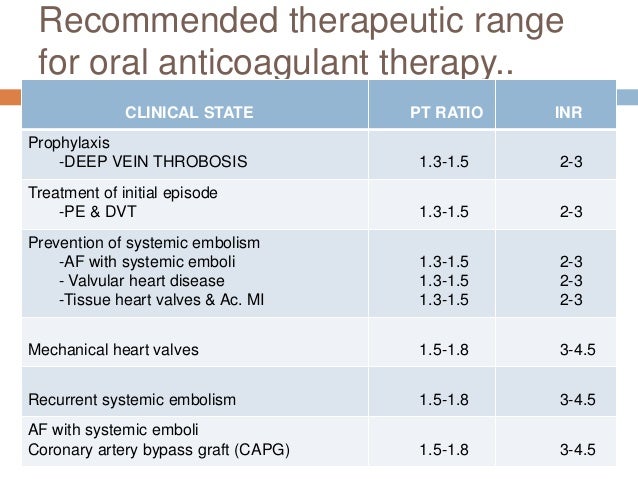xarelto vs warfarin
warfarin

Warfarin works by blocking the blood clotting factors that rely on
Vitamin K from forming. Vitamin K is used by multiple factors
to help the blood clot.
·
The drawback to warfarin is the amount of
monitoring it requires. Patients taking warfarin must be monitored every two to
four weeks. The prothrombin time test. The test measures the International
Normalized Ratio (INR). A high INR indicates a high risk of uncontrollable
bleeding, and a low INR indicates a high risk for blood clots

warfarin
has several antidotes that reverse bleeding. Without an antidote, a bleed can
quickly become a life-threatening situation.
Speed of Anticoagulation Reversal
|
Method
|
Complete reversal within 15
minutes
|
Prothrombin complex concentrate
plus intravenous vitamin K
|
Partial
|
Fresh frozen plasma partially
reverses anticoagulation
|
Within 4–6 hours
|
Intravenous vitamin K
|
Slow reversal within 24 hours
|
Oral vitamin K
|
Very slow reversal within 3–5 days
|
No therapy
|
Rivaroxaban

Xarelto
is a Factor Xa inhibitor. Factor Xa is an integral part of the process that
forms the protein thrombin, and thrombin is required for blood to clot. By
inhibiting Factor Xa, Xarelto prevents thrombin from forming which prevents the
blood from clotting
·
The effect of Xarelto declines rapidly if it
isn’t taken regularly, It is
popular because it does not require patients to have special diets or have
blood tests to determine the dose like warfarin
Anything
from a small bruise to a severe car accident can endanger a Xarelto patient. ER
doctors are limited in treatment options for these patients because of the lack
of antidote. (irreversible bleeding).
·
Rivaroxaban can increase risk of stroke after
discontinuous